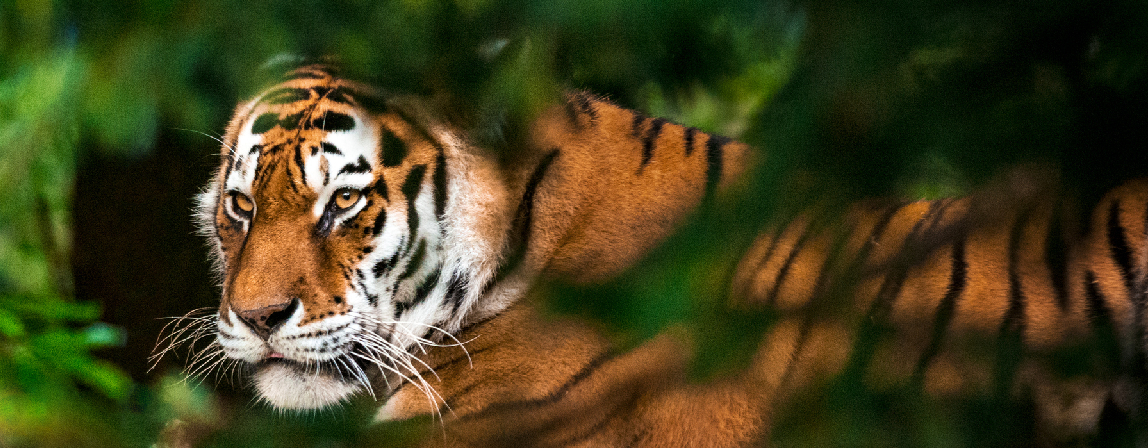Editorial Posted on 2024-07-30 13:43:58
Presentation of the WOAH Wildlife Health Programme
Keywords
In this editorial, I proudly present the Wildlife Health Programme of the World Organisation for Animal Health (WOAH). This programme is integral to our broader mandate to improve animal health. Our journey begins with a poignant policy paper tracing WOAH’s involvement with wildlife and biodiversity, and laying the foundation for our current wildlife programme.
As we move forward, WOAH can tap into its historical strengths and influence wildlife health around the globe by developing guidelines and standards while fostering collaboration with key stakeholders. Building and engaging with wildlife health networks around the world is the foundation of our One Health approach, ensuring a participative and collaborative effort to protect and nurture the well-being of all living beings, including wildlife.
The complex and intricate relationships between disease spillovers, wildlife and biodiversity emphasise the interconnected nature of ecosystems, animal health and human well-being, underscoring the need for collective action. As the challenges posed by climate change loom large we must provide our Members with the best science-based information and guidance to ensure that our mission of protecting animal health to preserve our future is realised. In our quest for progress and innovation, WOAH aims to harness the power of data, predictive modelling and risk communication to provide useful and accurate information to inform effective risk management.
Policy-making often needs to balance various interests and it should avoid unintended negative consequences. Therefore, while encouraging better structured surveillance of wildlife diseases as well as more robust control of trade in wildlife, WOAH aims to influence the narrative to avoid wildlife being stigmatised as vectors or reservoirs of disease, and to promote the role of wildlife as a valuable asset to a healthy and sustainable ecosystem. For example, our guidelines and communication around avian influenza highlight the need to safeguard biodiversity by protecting wild birds (particularly those which are endangered) as well as poultry from avian influenza.
In conclusion, as a responsible global animal health organisation, we understand the pressing need for practical solutions to address the significant challenges posed to wildlife health and biodiversity. We aim to take a pragmatic approach to integrating wildlife health and biodiversity into our broader mandate to improve animal health and strive to maintain our commitment to taking a One Health approach in partnership with our Members and international partners.
Enjoy reading this issue of Panorama!
Monique Éloit, Director General
World Organisation for Animal Health (WOAH)
https://doi.org/10.20506/bull.2024.1.3492








